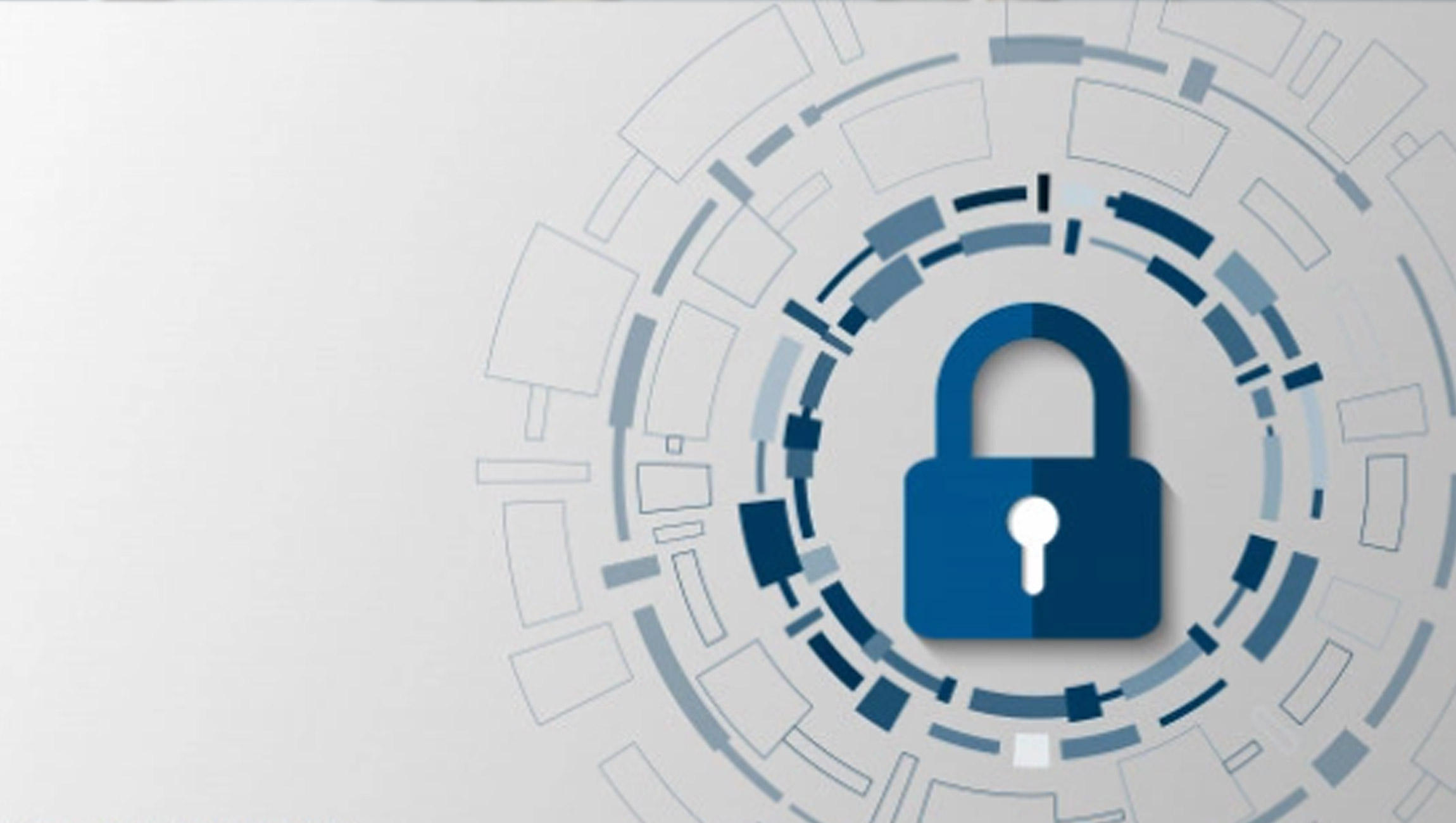Cybersecurity experts discuss organizations’ evolving security strategies to counter growing ransomware threats at Hitachi ID’s Power of One Summit
Hitachi ID, a leading enterprise identity and privileged access management provider with the industry’s only single Identity, Privileged Access, Threat Detection, and Password Management platform, shared top level insights from leading industry experts on transforming security structures to a Zero Trust Architecture during Hitachi ID’s recent Power of One Identity and Privileged Access Management Summit.
Marketing Technology News: MarTech Interview with Roli Saxena, President at AdRoll (a Division of NextRoll)
Through five virtual sessions, experts from Hitachi ID, global enterprise information security company intiGrow, and the University of California San Francisco discussed the current state of cybersecurity and ransomware – sharing insights on:
- Identity and privileged access management scenarios
- Assessing an organization’s cybersecurity maturity
- Updating outdated policies and technologies
- Modernizing legacy systems to help companies increase identity protection with a Zero Trust security model
The keynote session of the summit also detailed the implications of findings from a recent survey conducted by Hitachi ID and Pulse that revealed bad actors are approaching employees to aid in ransomware attacks.
“Cybersecurity is only as strong as the weakest password or identity,” said Hitachi ID CEO Nicholas Brown, who gave the summit’s keynote address on Defending Against Ransomware with the Power of One. “While organizations increasingly understand the need for a Zero Trust security approach that will protect them from insider and outsider threats, the majority are slow to make real changes to their security postures. With a Zero Trust approach, businesses are empowered with contextual, adaptive, just-in-time access that tightens defenses.”
Key learnings from Hitachi ID’s Power of One Summit
The price of ransomware attacks is high – and it includes more than just the ransom:
- According to the Verizon 2021 Data Breach Investigation Report, the average cost of a ransomware breach is $4.62 million. Whether or not an organization pays the ransom, costs from the breach are still monumental. The cost of company down time, third-party consultation, clean-up efforts, revenue lost in a standstill, and longtail costs associated with further prevention all contribute to the million dollar price tag. Investing in cybersecurity before an attack is a small price to pay for keeping organizations running.
InfoSec and Security leaders need to look inside the perimeter:
- Hitachi ID’s January survey revealed 65% of executives or employees have been approached to assist in ransomware attacks. A perimeter defense won’t be effective if an employee on the inside accepts an offer from attackers. Instead, a Zero Trust strategy presupposes that a bad actor is on your network at all times and will ensure users hold the entitlements needed to complete their work and nothing more.
A perimeter defense alone cannot protect organizations:
- Hitachi ID’s survey revealed that while 55% of businesses feel prepared to deal with ransomware attacks, the vast majority (95%) of businesses are still at least somewhat reliant on perimeter defense. Perimeter defense and endpoint security are important, but an over-reliance on such measures leaves organizations vulnerable to attacks. Security leaders must consider the “what if” of bad actors surpassing the perimeter or employees leaking vital company information.
Employees need more security education:
- While organizations consider next steps in transforming their cybersecurity to reflect the current cyber landscape, the easiest first step is educating employees on good password hygiene and avoiding phishing attacks. After education, testing such as phishing email “fire drills” will help inform employees what to look out for in their inbox and what not to do. Additionally, organizations should provide incentives for strong security practices.
Modernizing cybersecurity isn’t a revolution, it is an evolution:
- Implementing a new cybersecurity framework is not a short-term, once-and-done investment. The cybersecurity and technology landscape is rapidly changing and organizations need a trusted partner and advisor that can evolve with that. An agile, phased approach is needed to transform legacy systems to a Zero Trust Architecture while meeting demands of an evolving industry.
Marketing Technology News: Hitachi ID Announces ‘Power of One’ 2022 Virtual Identity and Privileged Access Management…












